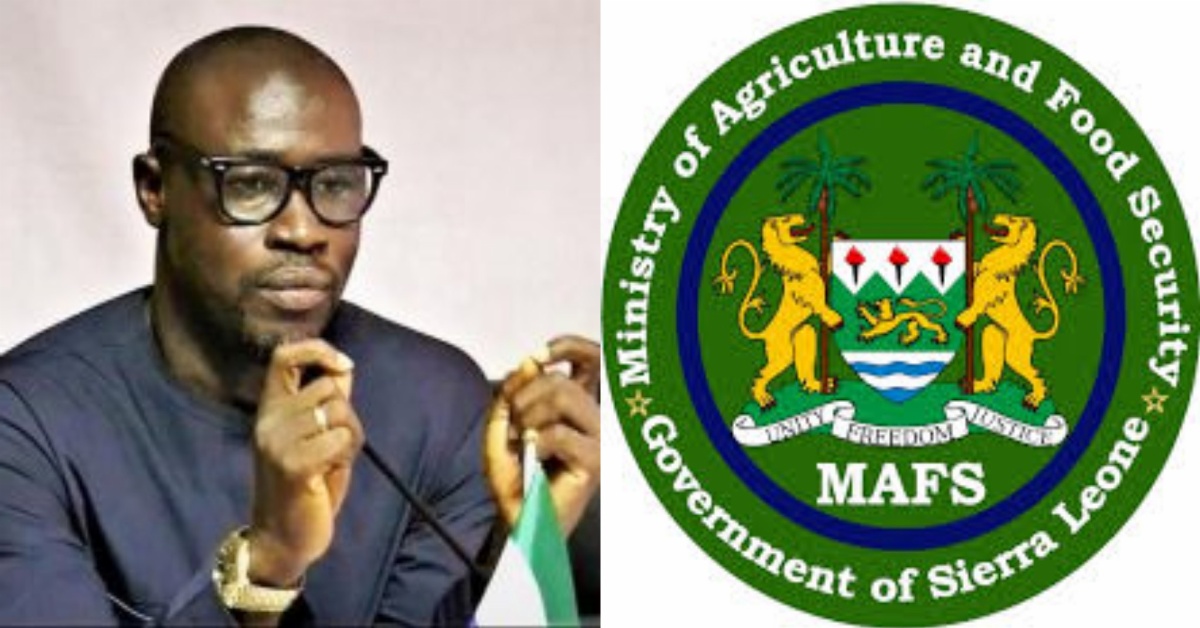During the debate on the Finance Bill on November 14, 2024, the Deputy Speaker of Parliament, Hon. Ibrahım Tawa Conteh, made strong remarks accusing certain officials in the Ministry of Agriculture of actively undermining the country’s agricultural development.
As the Chairman of the Public Accounts Committee, Hon. Conteh revealed that some individuals within the ministry have consistently sabotaged food security initiatives and agricultural projects aimed at improving the nation’s farming sector.
Hon. Conteh expressed his concern that some ministry officials, who are supposed to champion agricultural growth, have instead contributed to the delay in critical supplies such as fertilizers and seeds.
He further criticized the lack of appropriate agricultural inputs and poor management, stating that these issues have hindered the success of various governments’ agricultural policies.
He pointed out that the failures in the agricultural sector are not due to the intentions of the past and current presidents, including late President Joseph Saidu Momoh, President Ahmed Tejan Kabbah, President Ernest Bai Koroma, and President Julius Maada Bio, but rather due to the actions of corrupt officials within the Ministry of Agriculture.
Hon. Conteh claimed that such officials have been working against the country’s agricultural agenda for decades, with some even diverting government resources such as tractors, fertilizers, and seeds for personal gain.
Highlighting the historical nature of the problem, he noted that many of these “saboteurs” have been in the ministry since the era of President Momoh and continue to obstruct progress.
Despite significant government spending aimed at improving the agricultural sector, he stated that these efforts have failed due to corruption and poor management within the ministry.
Hon. Conteh concluded by urging the government to focus on managing the agricultural challenges in the country, emphasizing the importance of supporting local farmers.
He also recommended that the Ministry of Finance reconsider the proposed 10% tax increase on rice importation, suggesting that the existing 5% tax should remain in place to reduce the financial burden on citizens.











